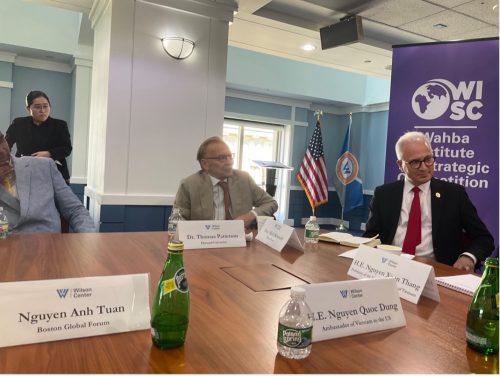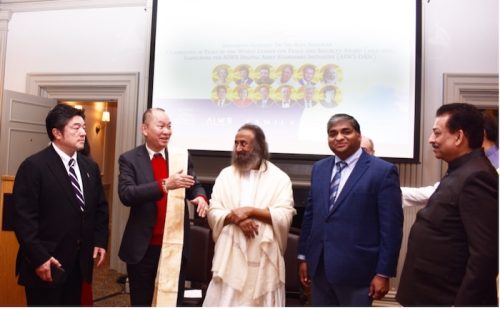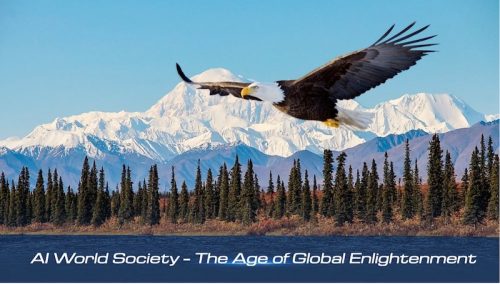What is the limitation with today’s deep learning? It is good at finding patterns in data, but cannot explain how they exist. Computer Science professor Yoshua Bengio of the University of Montreal in Canada wants to change that. He was a co-recipient of the 2018 ACM Turing Award for his work on deep learning, sharing the award with professors Geoffrey Hinton and Yann LeCun. The Turing Award is the equivalence of the Nobel Prize in the field of Computing. The Wired Magazine recently wrote about his latest endeavor.
“Current approaches to machine learning assume that the trained AI system will be applied on the same kind of data as the training data. In real life it is often not the case,” said Professor Bengio. For new situations, deep learning still requires a lot of examples to learn. He thinks that AI will not realize its full potential until deep learning can understand cause and effect, so that it can be used efficiently and effectively in critical situations. He recently co-authored a research paper outlining how this goal can be achieved.
Humans do understand cause and effect but it remains unclear why we have this capability. Bengio’s work on causality might be a small step towards answering this question. Read more about his work and related discussions in the full Wired article here.










